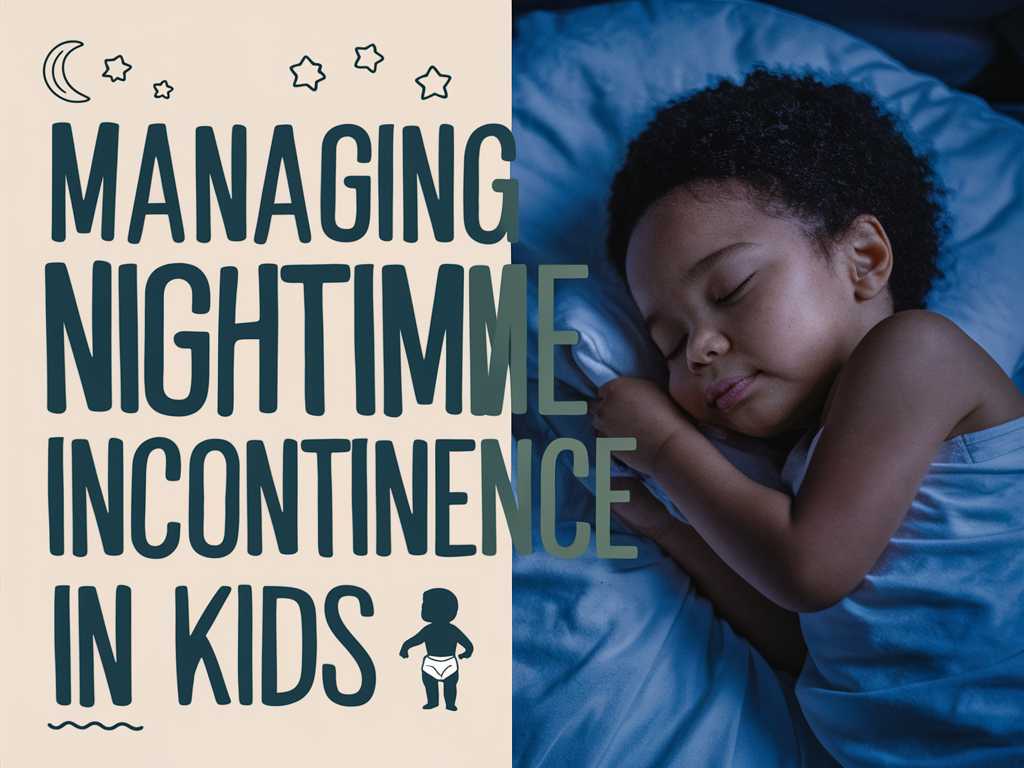As a parent, one of the most challenging aspects is dealing with unexpected health issues with my kids. Knowing when and how to seek urgent care for kids is crucial. Here’s my experience and some insights on navigating these situations.
Understanding When to Seek Urgent Care for Kids
The first step is recognizing when a situation warrants a visit to an urgent care center. Urgent care for kids is ideal for non-life-threatening but still urgent medical issues. This includes conditions like high fever, minor fractures, sprains, cuts needing stitches, and severe sore throat. It’s the middle ground between a regular doctor’s visit and the emergency room.
Benefits of Choosing Urgent Care for Kids
One of the main reasons I opt for urgent care is the shorter wait times compared to emergency rooms. Urgent care centers are equipped to handle a variety of medical issues specifically in children, ensuring they get the appropriate care without the long wait.

Preparing for an Urgent Care Visit
When heading to urgent care, I always make sure to bring my child’s medical history and a list of any medications they’re taking. This information is crucial for the healthcare providers to offer the best treatment. Also, I try to explain to my child what to expect to ease their anxiety.
What to Expect at the Urgent Care
At the urgent care center, the staff typically starts with a basic assessment of my child’s condition. They might perform necessary tests or procedures, like X-rays or stitching. The focus is on addressing the immediate issue and advising if further care or a follow-up is needed.
After the Visit: Follow-Up and Recovery
Post-visit, it’s important to follow all the instructions given by the healthcare professionals. This might include administering medication, scheduling a follow-up appointment, or specific care instructions for recovery.
Building a Relationship with Your Urgent Care Center
I’ve found it helpful to have a preferred urgent care center for kids. Building a relationship with a specific center ensures familiarity with my child’s medical history, which can be beneficial in future visits.

Peace of Mind for Parents
Knowing there’s a reliable urgent care for kids provides immense peace of mind. While I hope not to make frequent visits, it’s comforting to know that quality care is available when those unexpected health issues arise. As a parent, being prepared and informed about urgent care options is an essential part of ensuring the well-being of my children.
Deciding When to Take Your Kid to Urgent Care: The Role of Home Health Tools
Figuring out when to take my child to urgent care can sometimes be a tough call. However, having the right tools at home, like the Forehead Thermometer for Baby and Adults, can be a game-changer in making these decisions.
Using a Forehead Thermometer to Monitor Fever
One of the most common reasons for a trip to urgent care is a high fever. The Forehead Thermometer has been invaluable in my household for quickly and accurately checking my kids’ temperatures. It’s non-invasive and easy to use, which is a relief when dealing with a fussy or sleeping child. If the thermometer shows a high fever, especially in very young children, it’s a clear sign that a visit to urgent care might be necessary.
Fever Alarm: A Helpful Feature
This particular thermometer comes with a fever alarm, which alerts me if the temperature reading is above normal. This feature takes out the guesswork and helps me decide whether I need to take immediate action, like heading to urgent care or, in more severe cases, the emergency room.
Recording Temperature Readings
Another helpful feature is the memory function. It stores previous temperature readings, allowing me to track the progression of my child’s fever over time. This information can be crucial for doctors at the urgent care to understand the severity and progression of the illness.
When to Choose Urgent Care Over Home Care
While a thermometer can indicate a fever, it’s important to consider other symptoms as well. If my child is experiencing severe discomfort, dehydration, difficulty breathing, or if the fever persists for several days, these are all signs that a trip to urgent care is warranted.
The Importance of Trusting Your Instincts
As a parent, I’ve learned that trusting my instincts is vital. If something feels off, even if the thermometer doesn’t show a high fever, I don’t hesitate to seek medical attention. It’s always better to err on the side of caution when it comes to the health of my children.
Being Prepared and Informed
Having a reliable thermometer like the Forehead Thermometer for Baby and Adults at home is a key part of my family’s healthcare toolkit. It helps me make informed decisions about when to seek urgent care for my kids. Remember, while home health tools are helpful, they’re not a substitute for professional medical advice. When in doubt, it’s always best to consult with a healthcare provider.
Navigating Child Health Concerns: Parental Questions Answered
As a parent, I often have questions about my child’s health and well-being. Here are some common concerns and their answers that might help other parents in similar situations.
How Do I Know If My Child’s Fever Is Serious Enough for Urgent Care? A fever in a child can be concerning. For infants under 3 months, a fever above 100.4°F warrants immediate medical attention. In older children, accompanying symptoms like rash, difficulty breathing, or prolonged fever suggest a need for urgent care. Monitoring with a reliable thermometer, such as the Forehead Thermometer for Baby and Adults, is crucial.
When Should I Choose the Emergency Room Over Urgent Care? Life-threatening conditions or severe symptoms like unconsciousness, major injuries, or seizures require an emergency room visit. Urgent care is more appropriate for non-life-threatening yet urgent medical issues.
Can I Use Over-the-Counter Medication to Reduce Fever Before Going to Urgent Care? Yes, over-the-counter fever reducers are acceptable, but follow the recommended dosage for your child’s age and weight. Inform the urgent care provider about any medications administered.
Comforting a Child During a Fever Keep your child hydrated, dress them in light clothing, and use a cool compress if necessary. Rest and comfort are important, and regular temperature monitoring with a Forehead Thermometer can aid in managing their fever.
What to Bring for an Urgent Care Visit Bring your child’s health insurance information, a list of their medications, medical history, and your ID. Noting their symptoms and any treatments already tried is also helpful.
Easing Child’s Anxiety About Urgent Care Explain what will happen at the urgent care in simple terms and reassure them that the visit is to help them feel better. A favorite toy or book can provide comfort.
Is Follow-Up Care Necessary After an Urgent Care Visit? A follow-up with your child’s regular pediatrician is often recommended to ensure continuity of care and monitor recovery.
Being Informed and Prepared as a Parent Staying informed and prepared is key to managing your child’s health effectively. While tools like the Forehead Thermometer are helpful, they don’t replace professional medical advice. Trust your instincts and seek medical care when necessary.
As an Amazon Associate we earn from qualifying purchases through some links in our articles.



